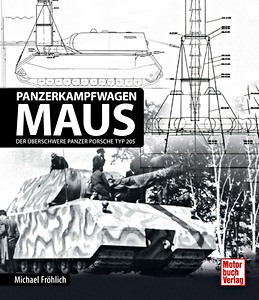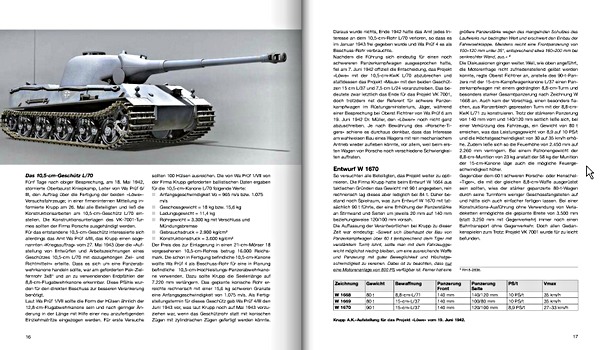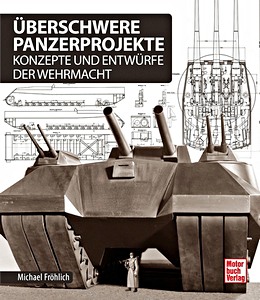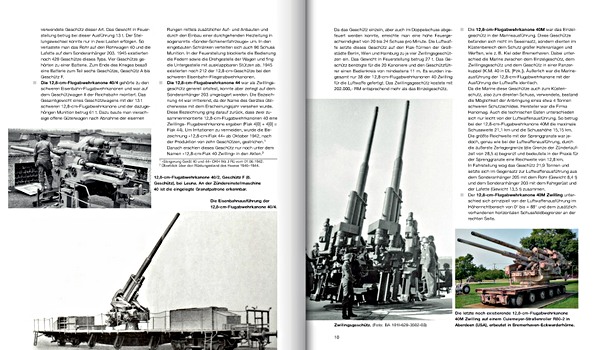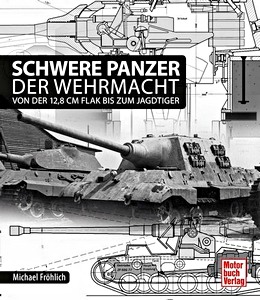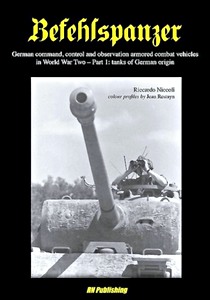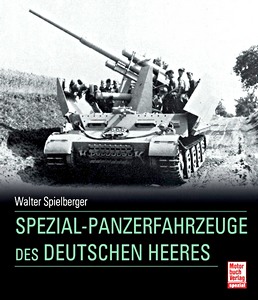German Heavy Fighting Vehicles of the Second World War : From Tiger to E-100
The German army faced tanks of superior size, armor and firepower from the outset of World War II. Although their Panzerwaffen handled the Polish campaign, war with France meant confronting superior heavy and medium tanks like the Char B and Somua, with 47 mm high velocity cannon that penetrated German tank armor with ease. French infantry disposed of effective antitank weapons and a portion of their 75 mm field guns were detailed as antitank guns.
Even greater challenges emerged with the Russo-German War, for the Germans had no initial answer to the KV-1 heavy tank and T-34 medium.
The successive technical shocks of superior tanks introduced by each side produced a gun-armor race that continued in some manner even after the war's end. The Germans placed a premium on technological quality and superiority over mass production, for which their industry (and, arguably, their regime) remained rather unsuited.
Not satisfied with the advantage they obtained with the Tiger and Panther series tanks, the army leadership and Adolf Hitler himself pushed for larger and more powerful tanks than had ever been built.
Product details
| Author: | Kenneth W. Estes |
|---|---|
| Details: | 160 pages, 9.8 x 6.9 x 0.55 in (25 x 17.5 x 1.4 cm), paperback |
| Illustrations: | 59 b&w and 27 color photos |
| Publisher: | Fonthill Media (GB, 2017) |
| ISBN: | 9781781556467 |
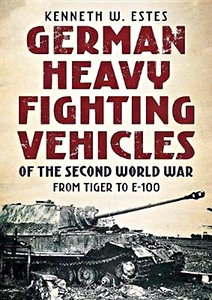
German Heavy Fighting Vehicles of the Second World War : From Tiger to E-100
Language: English
Available on Amazon - safe payment and fast delivery
Buy on Amazon.comBuy on Amazon UK
Buy on Amazon CA



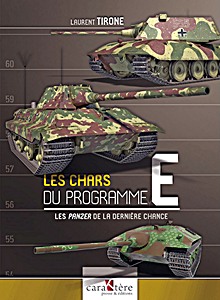
![Pages of the book [SB] Kampfpanzer Maus (1)](../afb/details/PP03784.jpg)
